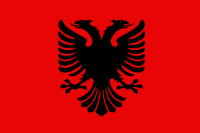Da Duolingo:
| Non mi piace quel capo. | I do not like that leader! |
| industria e commercio | industry & commerce |
| Ho un appuntamento con il dottore. | I have an appointment with the doctor. |
| Il suo amore per il denaro è un problema. | His love for money is a problem. |
| Il turismo è importante per l’economia del mio paese. | Tourism is important to the economy of my country. |
| Ci sono diversi tipi di assicurazione. | There are different types of insurance. |
| Loro non sono i mei capi. | They are not my bosses. |
| Ho tanti appuntamenti questa settimana. | I have so many appointments this week. |
| Questi prodotti non sono sicuri. | These products are not safe. |
| Sono un imprenditore. | I am an entrepreneur. |




